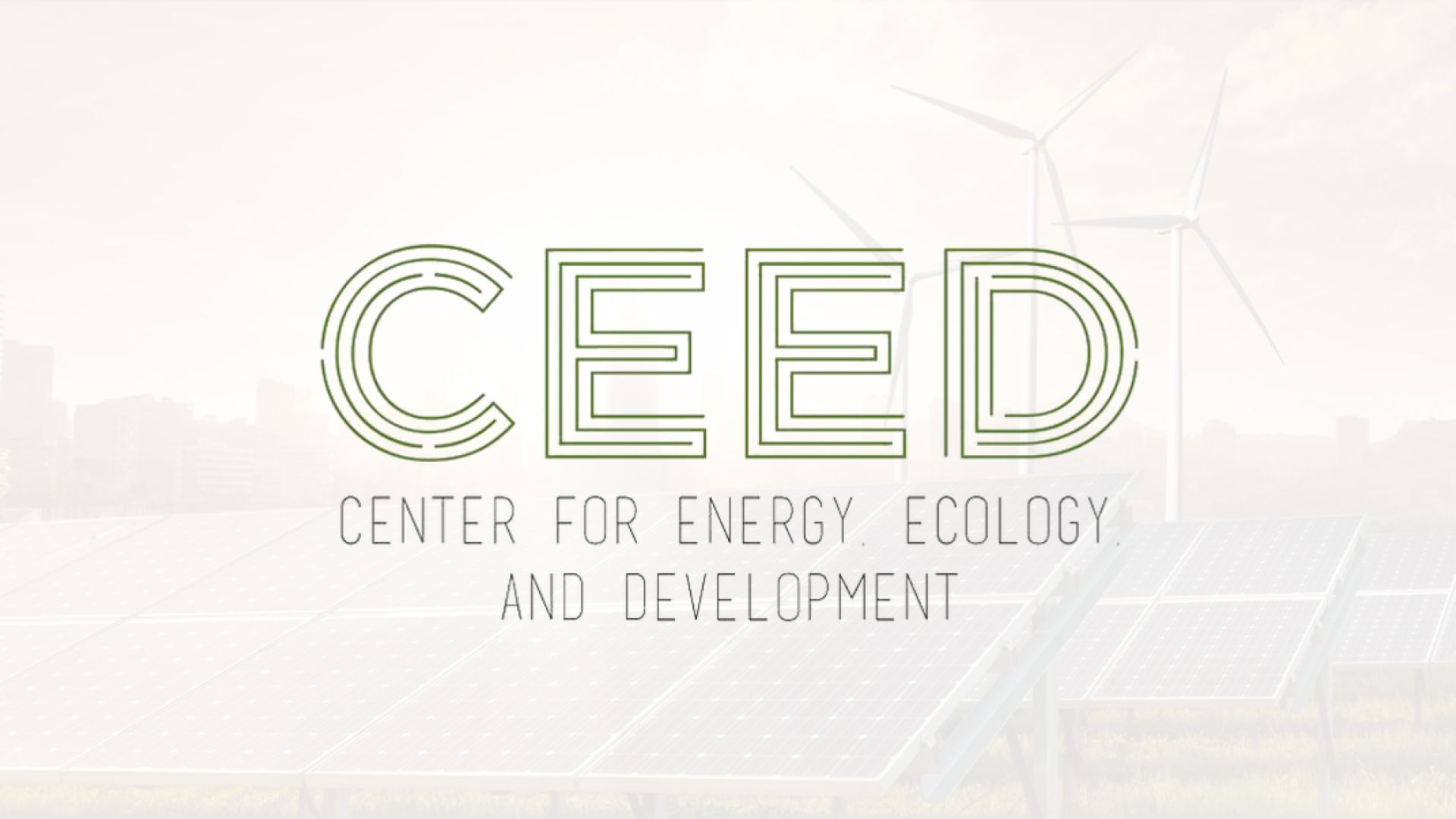CEED: RE shift must be accelerated
- November 6, 2024
- 0

The Center for Energy, Ecology, and Development (CEED) is urging the Philippine government to accelerate its renewable energy transition.
This appeal comes after recent coal barge accidents in Zambales and Sorsogon during Severe Tropical Storm Kristine.
Inquirer reported separate incidents, one coal barge ran aground in Masinloc Bay, Zambales, while another capsized off the coast of Sorsogon City. The incidents have led to environmental concerns, with CEED Executive Director Gerry Arances highlighting the risks posed by coal.
Arances went on to say that coal and other fossil fuels are not only big contributors to climate change, but also pose serious hazards to our communities and the ecosystem.
CEED emphasized that coal spills could harm the environment and endanger the livelihoods of local fisherfolk, referencing the damage to coastal areas such as Barangay Bucalbucalan in Sorsogon, where locals reported coastal darkening from coal exposure.
The group also recalled the 2023 oil spill involving MT Princess Empress, which released 800,000 liters of fuel near Oriental Mindoro, underscoring the impact of fossil fuel mishaps.
Arances further stated that renewable energy not only represents a cleaner alternative but also promises long-term economic and environmental benefits.
The Philippine government’s Clean Energy Scenario under the Philippine Energy Plan aims to achieve a 35% share of renewable energy in the country’s power mix by 2030 and 50% by 2040.